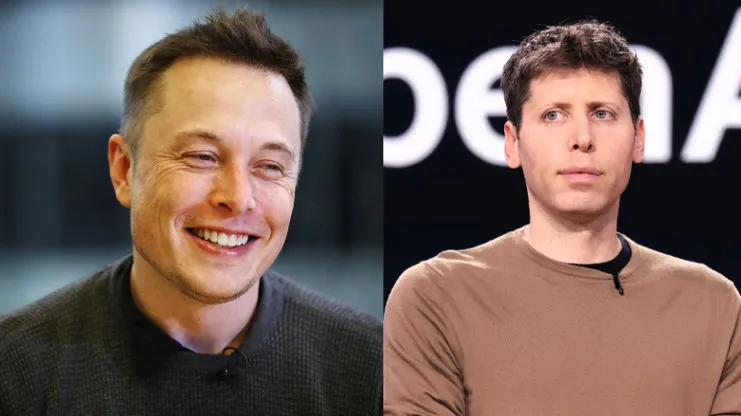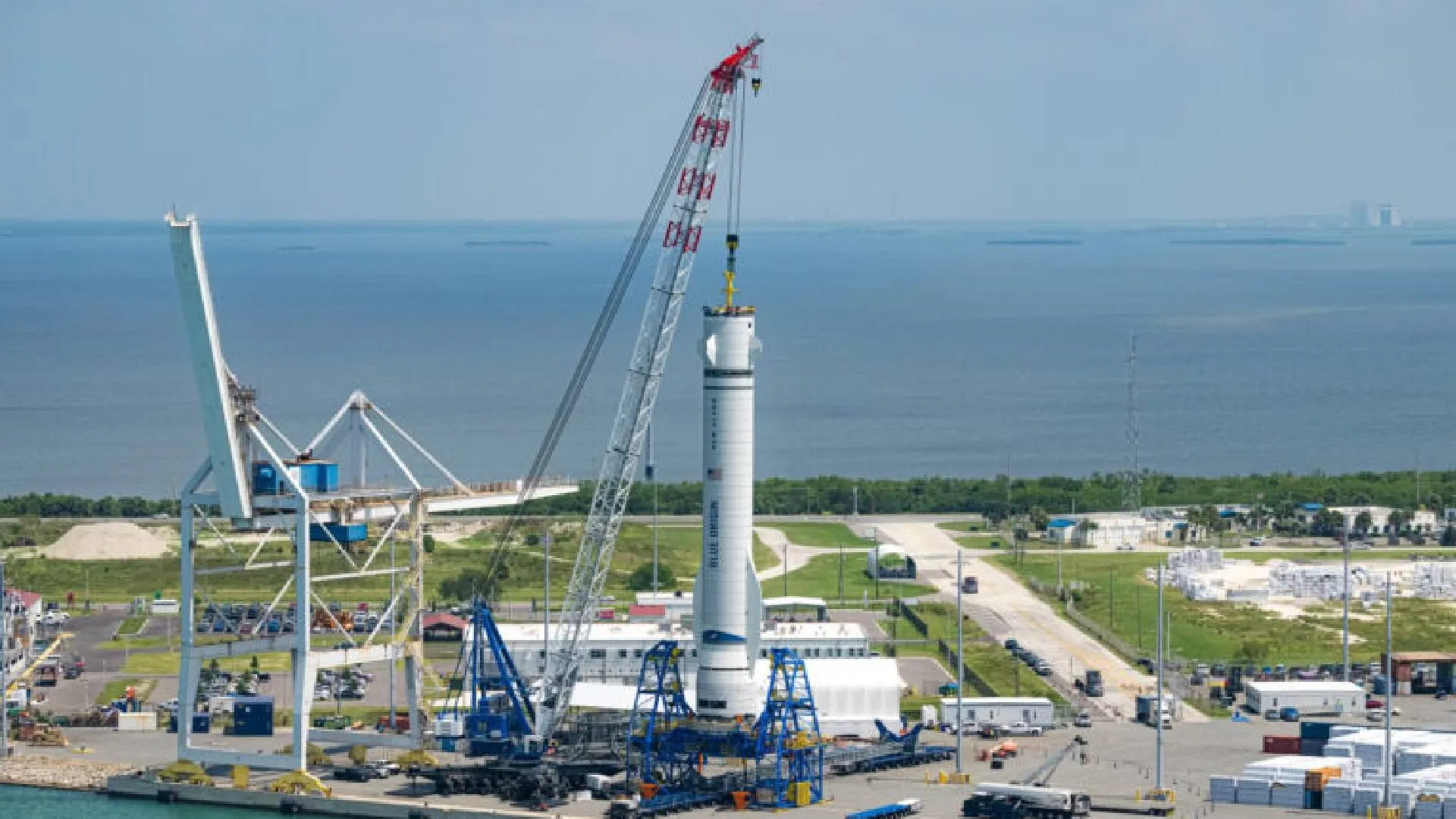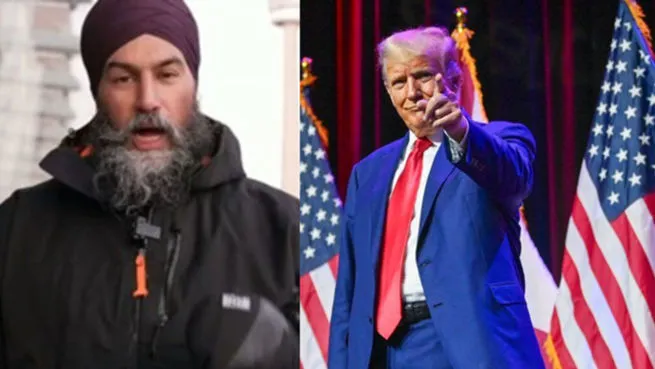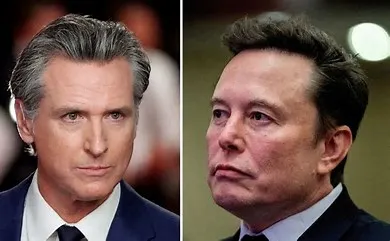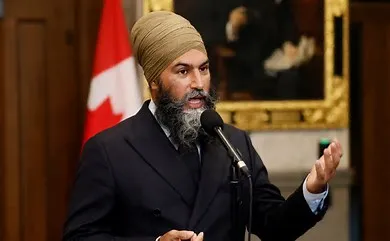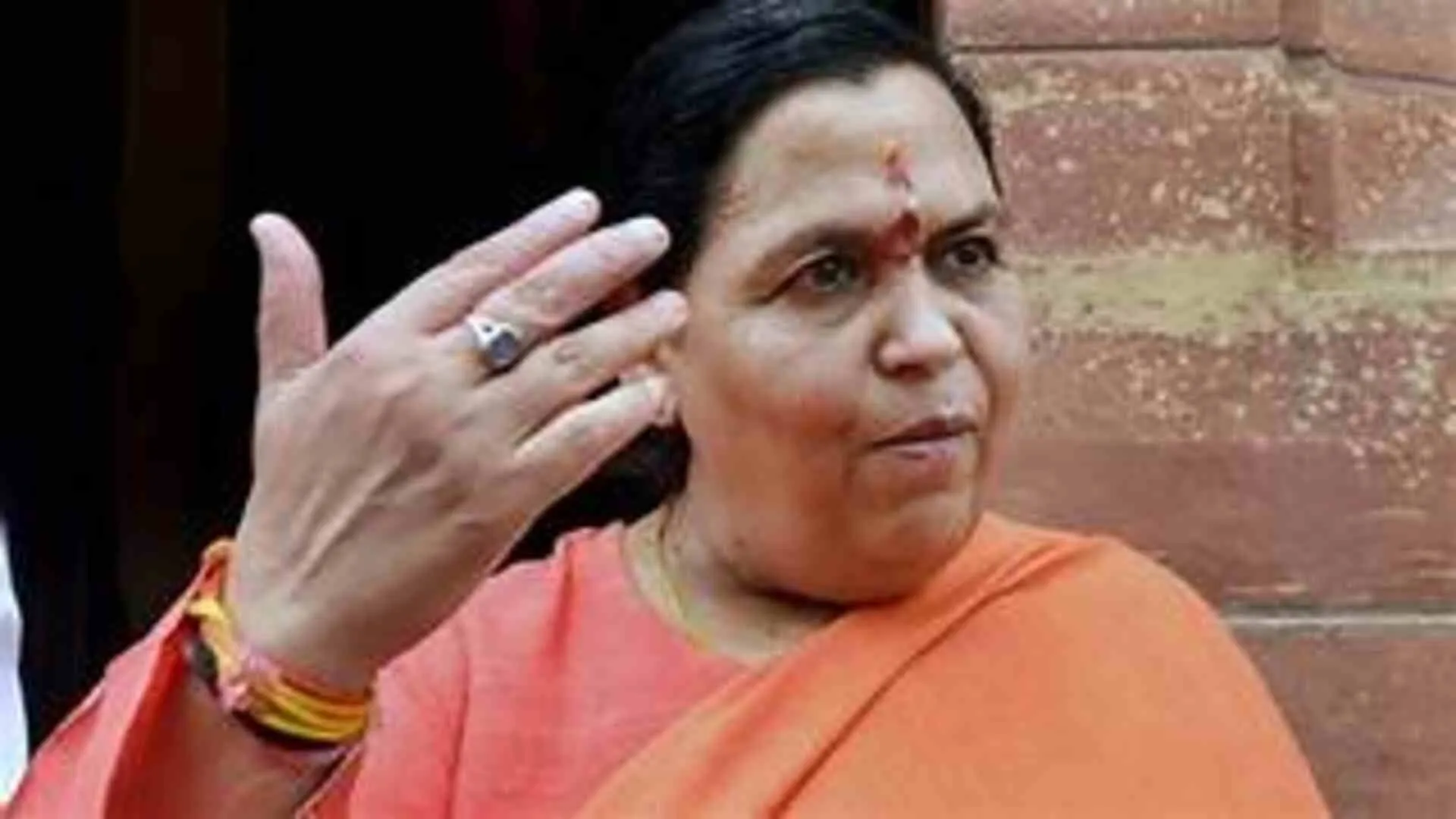The US Department of Justice (DoJ) and the Federal Trade Commission (FTC) have recently lent their support to Elon Musk’s lawsuit against OpenAI and Microsoft. Musk alleges that the partnership between the companies violates antitrust laws, specifically due to overlapping board memberships.
Alleged Antitrust Violations
Musk argues that Reid Hoffman, the cofounder of LinkedIn, served on both OpenAI’s and Microsoft’s boards from 2017 to 2023, creating a clear conflict of interest. Additionally, he points to Deannah Templeton, who held executive roles at Microsoft while briefly serving as a non-voting board member at OpenAI. According to Musk, these connections gave Microsoft undue influence over OpenAI’s operations.
In support of Musk’s argument, the DoJ and FTC emphasized that board overlap could still harm competition, even after a member steps down. They further stressed that it is the defendants’ responsibility to prove such overlaps won’t have future negative effects.
FTC’s Ongoing Investigation of OpenAI
Meanwhile, the FTC has been closely monitoring OpenAI for its practices and partnerships. The commission is also preparing an investigation into AI investments by major tech players, including Microsoft. In addition, the FTC is looking into whether OpenAI has misled consumers or if its board structure violates any legal standards.
Reid Hoffman’s dual role in both companies has become a point of contention. He has publicly criticized FTC Chair Lina Khan and even called for her removal. Furthermore, Musk’s renewed lawsuit has reignited concerns about OpenAI, especially regarding whether the company has strayed from its nonprofit goals.
Musk Defends OpenAI’s Original Vision
Musk, a co-founder of OpenAI, originally invested in the organization to develop AI for the benefit of society. However, he left the company in 2018 and has since voiced strong criticism over OpenAI’s transition to a for-profit model, particularly after Microsoft’s substantial investment. Musk argues that this shift gives Microsoft too much control over the AI industry and stifles healthy competition.
Musk is calling for immediate legal intervention to prevent OpenAI from becoming an unchecked entity under the leadership of CEO Sam Altman. However, OpenAI has dismissed Musk’s claims, stating that he once supported their move to a more traditional corporate structure.
As the court hearing approaches, this legal battle continues to draw significant attention. The outcome could have far-reaching consequences for both OpenAI and the broader AI industry.

